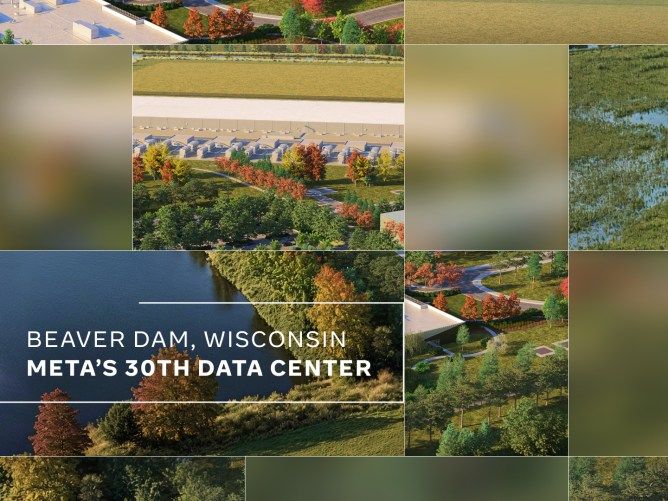The numbers tell the story of a seismic economic shift: this year, the world will spend $580 billion on data centers - $40 billion more than it'll invest in finding new oil supplies. According to the International Energy Agency's latest report, this historic crossover marks "a telling marker of the changing nature of modern, highly digitalized economies." It's not just about money - it's about where the future is being built.
The global economy just crossed a historic threshold that would have seemed impossible a decade ago. Data centers are now attracting more investment dollars than the hunt for new oil reserves - and the gap is widening fast.
The International Energy Agency dropped this bombshell in its latest World Energy Outlook, revealing that 2025 will see $580 billion flow into data center construction while oil exploration limps along with $540 billion. The $40 billion difference might seem modest, but it represents a fundamental shift in how the world's biggest investors see the future.
"This point of comparison provides a telling marker of the changing nature of modern, highly digitalized economies," the IEA noted with characteristic understatement. What they're really describing is an economic revolution driven by artificial intelligence and cloud computing demand that's reshaping global energy consumption patterns.
The numbers behind this shift are staggering. AI data centers alone are expected to consume five times more electricity by 2030, effectively doubling the total energy use of all data centers combined. Traditional data centers will also gulp more power, though their growth looks almost restrained by comparison. Half of this explosive demand growth will happen right here in the US, with Europe and China splitting most of the remainder.
But money is flowing faster than electrons can follow. The infrastructure simply can't keep up with ambition. In northern Virginia - the world's largest data center market - companies are facing decade-long waits just to connect new facilities to the power grid. Dublin has thrown in the towel entirely, pausing all new interconnection requests until 2028. The Irish capital's grid is essentially full.
"This rapid build out of data centers - especially in clusters and around urban areas - comes with challenges," the IEA wrote with diplomatic restraint. "Grid congestion and connection queues are increasing in many regions." Translation: the infrastructure gold rush is creating massive bottlenecks that threaten to slow the entire digital transformation.
The supply chain is feeling the strain too. Critical components like high-voltage cables, specialized transformers, gas turbines, and rare earth minerals are all becoming pinch points. Some startups are betting big on solutions - companies like and are racing to commercialize solid-state transformers that promise to be a major upgrade over century-old grid management technology.












